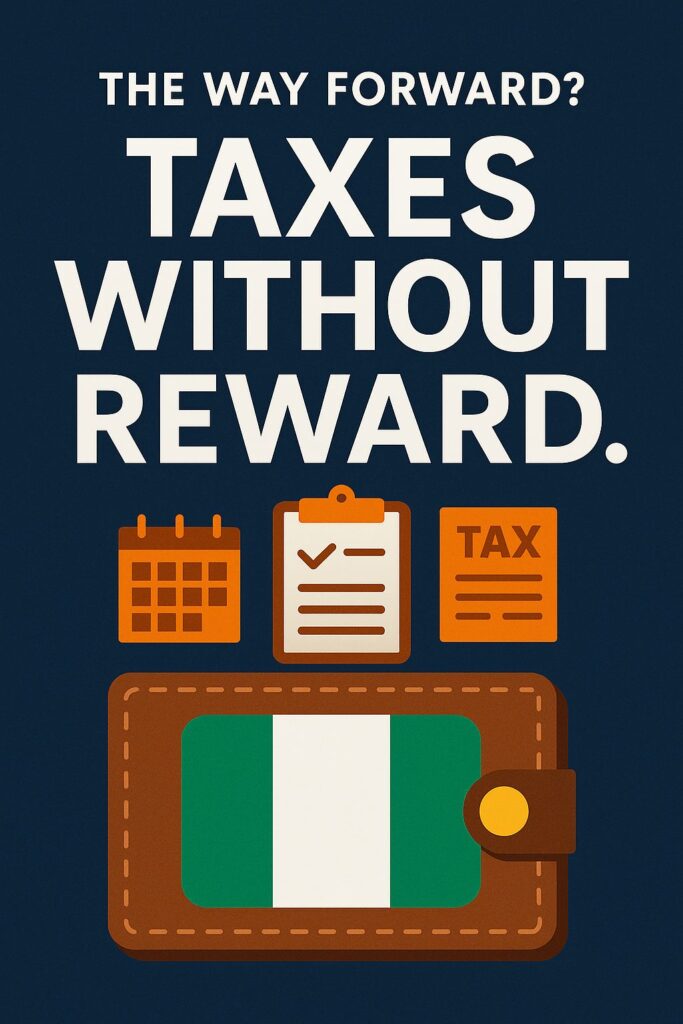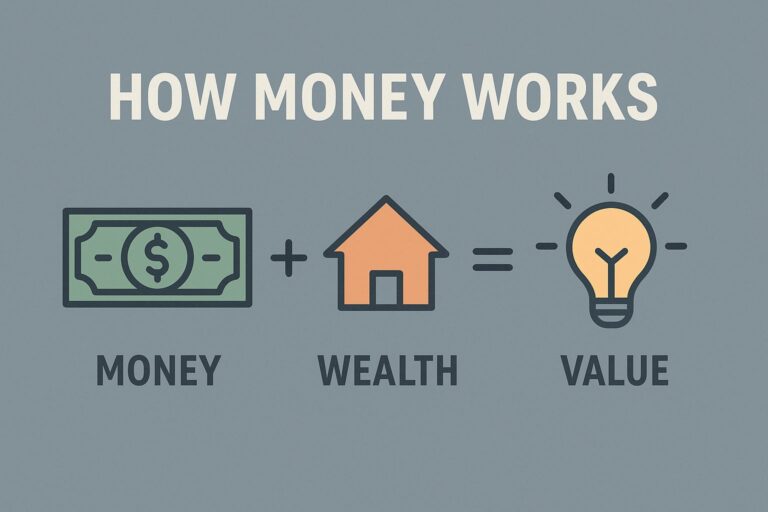
Let’s not sugarcoat anything.
- Nigerians pay taxes — on income, business, purchases, data, fuel, even food. But what do they get in return?
Nothing. At least, not in the way they should.
If you want the official basics of tax in Nigeria—what VAT is, how PAYE works, TIN, filing and e-services—start with the government’s own materials and portals (yes, they exist). See the VAT and personal tax pages, or the e-TCC portal for certificates. FIRS VAT, Personal Income Tax, and e-TCC explain the formal side of compliance. 0
Tax in Nigeria: So Why Does It Feel Like a Scam?
1) Corruption Is the Root
The government collects money, but the money doesn’t work for the people. It disappears. It leaks. It’s mismanaged. Budgets are padded, projects inflated, and “commissionings” staged like theater. If you want to track what should exist versus what’s on ground, citizen tools like BudgIT’s Tracka let communities monitor projects publicly. Tracka and BudgIT’s programme pages outline how citizens can follow projects and file feedback. 1
2) No Accountability
No real feedback loop. Nobody circles back to say, “Here’s how we used your tax.” When consequence is absent, mediocrity becomes policy. For a primer on the civic side—how open data and project tracking can pressure results—see BudgIT’s write-ups and case studies. BudgIT, CivicTech Africa on Tracka. 2
3) The System Is Broken by Design
Funds get allocated yet still miss the real problems. Flyovers where there’s no traffic; communities left with no water, no light, no schools. Not because Nigeria is poor—but because priorities are corrupt. Tracka’s reports document abandoned or poorly executed projects across states; study them and you’ll see the pattern. Tracka Project Tracking Report. 3
4) Tax Compliance Is for the Weak
The rich and powerful don’t feel tax in Nigeria the way the average person or small business does. They lawyer up, exploit loopholes, or simply ignore. Meanwhile, the compliant carry the state on their backs. If you’re a small business trying to survive, learn the rules, automate, and protect your margins—don’t let confusion be your downfall. A quick orientation on PAYE/VAT timelines and obligations is available via professional summaries. PwC Nigeria Tax Summaries. 4
What This Broken Tax in Nigeria System Does to Everyone
It creates a twisted cycle:
- People stop believing in the government.
- People stop paying taxes.
- The government under-delivers more.
- And nothing changes.
Meanwhile, those in power use your money to campaign for your votes—then deliver dust.
Tax in Nigeria: The Raw Truth
Tax works where the system works. Where leaders fear the citizens, not the other way round. Where office is service, not harvest. In Nigeria, tax feels like robbery because the value-for-money equation is broken. And until that equation is fixed, citizens will keep asking the most honest question in the country: “For all we pay, where is the proof?”
If you want to see what “proof” should look like, start pairing your civic energy with public tools. Track the budget. Track the projects. Take pictures. Document. Escalate. You don’t fix a leaking roof by praying—you climb up there and seal it. For project monitoring resources, see BudgIT Tracka. 5
The Way Forward for Citizens Under Today’s Tax in Nigeria Reality
- Demand transparency—loudly and locally. Don’t shout into the void; anchor your complaints to project IDs and budget lines. Use Tracka or similar platforms to create a public record. Service Delivery Tracking. 6
- Protect small businesses with systems. Register properly, keep books, automate PAYE/VAT, and calendar your filings. Don’t pay “confusion tax.” Start with official portals for basics. FIRS. 7
- Self-organize. Estates, streets, markets—pool small levies for security, light, water while you keep pressure on government. Don’t wait forever to live decently.
- Back a new leadership culture. Vote, volunteer, and vet. The game changes when public money stops being free money.
Yes, reforms are always “on the way.” You’ll hear about new frameworks, renamed agencies, and harmonized taxes. Whether the latest reforms change your daily reality depends on execution, not press releases. Keep receipts; keep pressure. (For context on recent reform chatter and summaries from professionals, see KPMG’s brief or PwC Nigeria notes.) 8
Final Word (Mr Chrys)
Nigerians are not lazy. Nigerians are not lawless. We’re just tired of being the only ones playing fair in a rigged system. So here’s the move: learn the rules so you don’t bleed; use the tools so your voice carries; and never stop demanding value for the money they take from your pocket.
If this hit a nerve, share it with someone who’s been silently angry too. Let’s turn quiet anger into public records and visible results.



